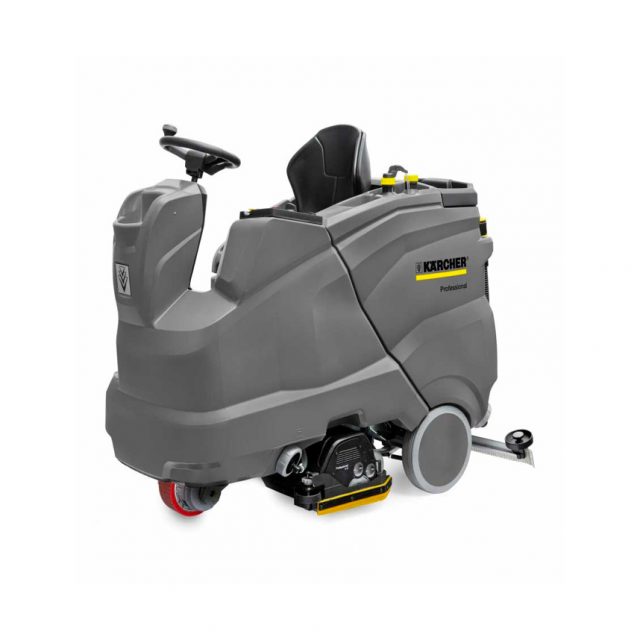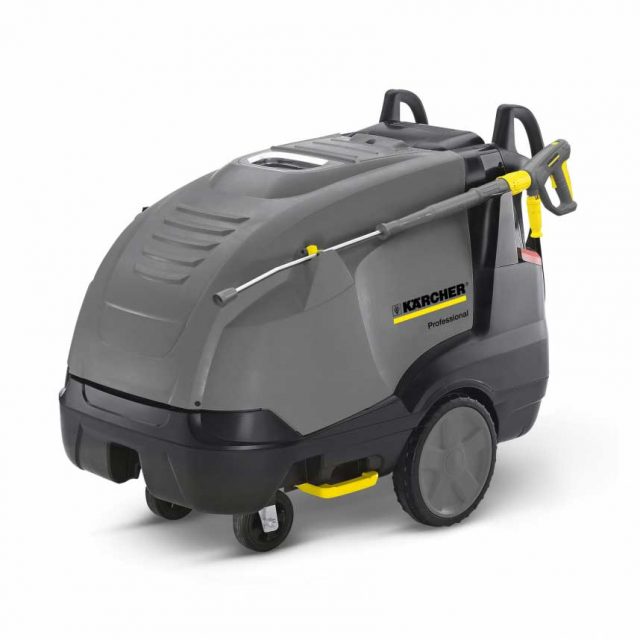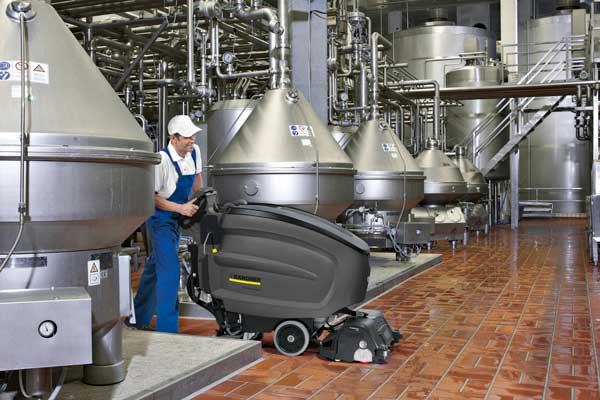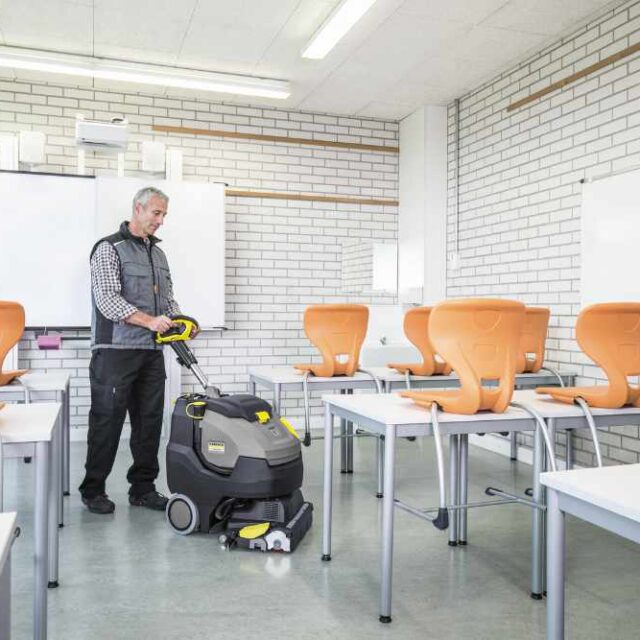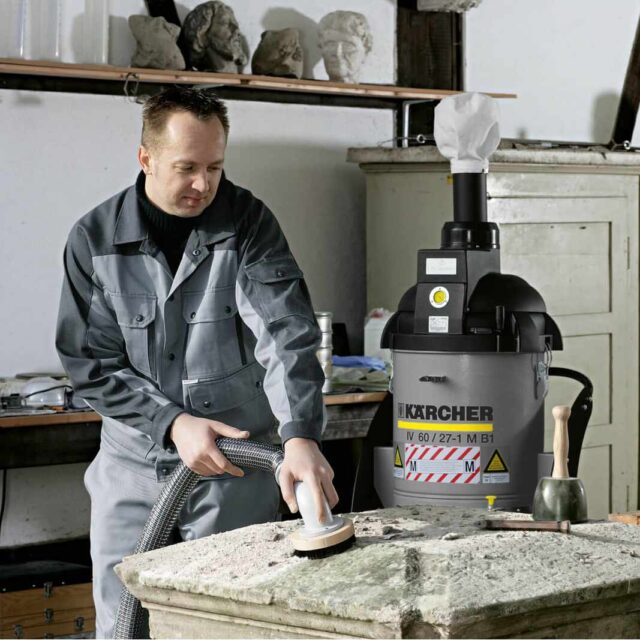During building projects, managing groundwater and excess rainwater on construction sites is crucial to ensuring safety and efficiency. Rainwater and groundwater can accumulate quickly during a heavy downpour, and if not managed properly, they can cause significant problems for the site. From damaging building materials and structures to creating hazardous working conditions, flooding on construction sites poses risks that need to be addressed promptly.
Excess water, whether from rain or groundwater, can also lead to contamination, especially if it mixes with wastewater or hazardous substances present on-site. The presence of mud deposits, standing water, and other debris not only hampers construction work but also increases the risk of accidents and equipment malfunctions.
The Impact of Flooding on Construction Sites
Flooding on construction sites can be a major disruption. Water accumulation can slow down or even halt work entirely, causing delays in project timelines. Materials can be soaked or washed away, resulting in costly replacements and rework. Additionally, flooded areas can become slippery, leading to slips, trips, and falls – one of the most common causes of injury on construction sites.
Excess water can also destabilise structures, undermine the integrity of trenches, and create unsafe working environments. Waterlogged soils can make foundations unstable, which can delay or complicate excavation, laying of foundations, or other groundwork.
Moreover, floodwater often contains contaminants, including dirt, oil, chemicals, and potentially harmful microorganisms, making the cleanup process more complex. Therefore, the management of rainwater on construction sites is essential to maintain a safe, clean, and efficient working environment.
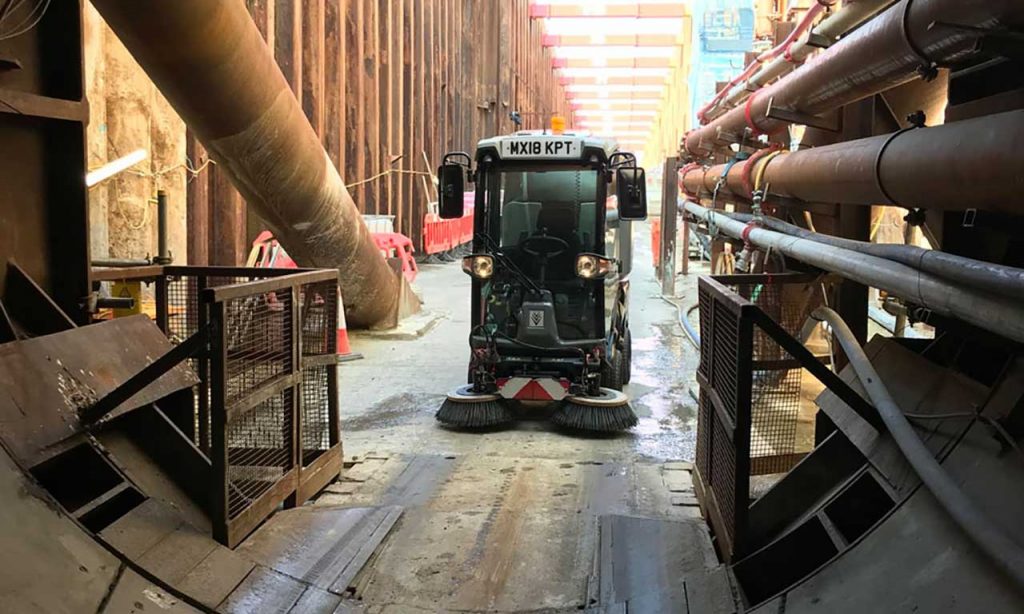
Effective Methods for Managing Rainwater on Construction Sites
To avoid the negative impact of rainwater and flooding on construction sites, proper water management techniques must be in place. These may include:
Site Preparation and Drainage Systems:
One of the first steps in managing rainwater is to ensure proper site preparation before the project begins. Drainage systems should be designed and implemented early on to prevent water from accumulating in key work areas. This could include installing temporary drains, creating sloped surfaces to guide water away from the site, or employing retention ponds where water can collect safely.
Rainwater Barriers:
Using physical barriers, such as sandbags or inflatable water dams, can help prevent rainwater from entering critical areas of the construction site. These barriers can be set up quickly and are particularly useful in emergency situations where rainwater threatens to flood sensitive areas.
Water Pumps:
In cases where water has accumulated, portable pumps can be used to remove excess water and redirect it to an appropriate drainage area. While this method is effective, it can be time-consuming and labour-intensive.
Scrubber Dryers for Efficient Water Removal:
Kärcher Hire offers an alternative to traditional methods of water removal through the use of scrubber dryers. These machines are highly effective at removing water from construction sites and offer a much more efficient and cleaner solution compared to manual methods like sweeping or pumping. Equipped with powerful suction engines, scrubber dryers can rapidly collect large quantities of water into waste tanks, which can then be safely removed from the site.
For construction sites, the Kärcher B300 Combination Ride-On Sweeper & Scrubber Dryer is particularly well-suited. This versatile machine not only sweeps away debris but also scrubs and vacuums up excess water, ensuring the site remains clear and safe to work on. Using a machine like the B300 minimises downtime on construction projects by quickly restoring waterlogged areas, making it an ideal choice for managing rainwater on construction sites.
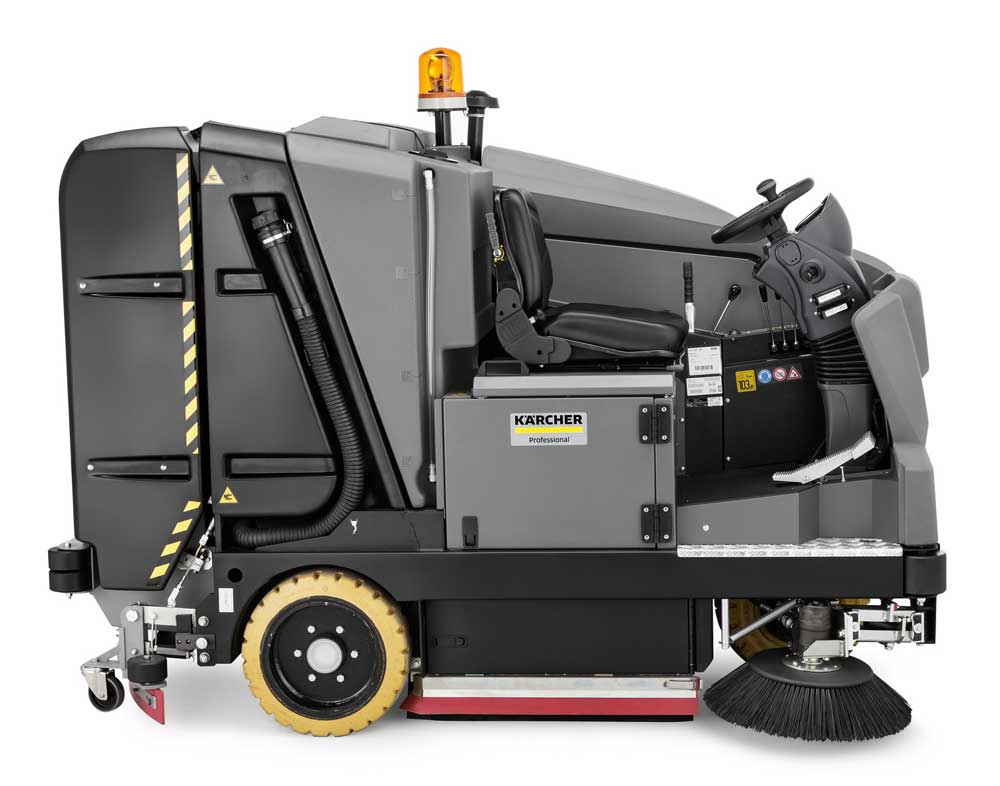
Health and Safety Considerations
The health and safety of workers on construction sites are of paramount importance, and flooding can introduce significant hazards. According to guidance from the Health and Safety Executive (HSE), construction sites should remain clear of debris, with proper precautions taken to prevent water buildup.
Water on site can lead to several hazards, such as:
Slip and Fall Risks:
Standing water and mud can create slippery surfaces, increasing the likelihood of accidents.
Trench Collapse:
Excess water can weaken soil and cause trench collapses, which pose serious risks to workers.
Electrical Hazards:
Flooding can lead to electrical faults, especially if water reaches wiring, tools, or other electrical systems.
To mitigate these risks, construction firms are required to take preventive measures, such as installing adequate drainage systems, keeping walkways clear, and ensuring emergency evacuation procedures are in place. Additionally, all site staff should be trained in flood safety protocols and emergency procedures.
Cleaning Contaminated Machinery
When rainwater or groundwater on a construction site mixes with hazardous materials, such as fuel or chemicals, it can contaminate machinery and other equipment. Cleaning this machinery becomes a top priority to prevent further damage and maintain site hygiene.
Contaminated equipment can be safely cleaned using industrial pressure washers. Kärcher Hire offers a range of industrial pressure washers for hire that are perfect for construction sites. These high-pressure machines effectively remove dirt, grime, and contaminants from equipment, ensuring that tools and machinery are safe to use again without direct human contact with contaminated surfaces.
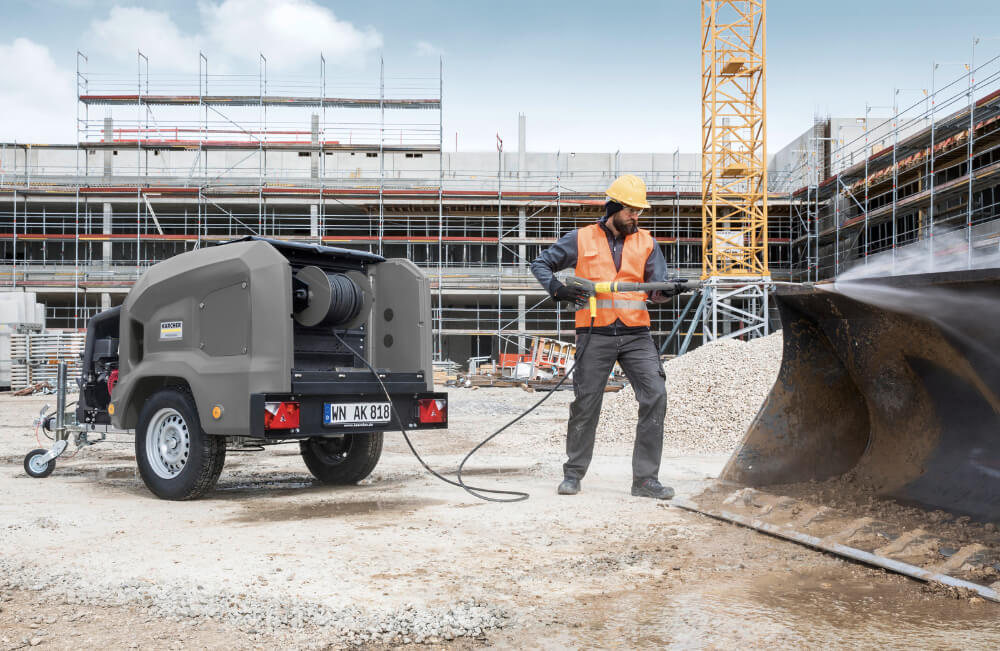
Ensuring Compliance with Regulations
Beyond health and safety risks, there are also legal considerations when managing flooding on construction sites. Both the HSE and the Environment Agency provide specific guidelines to ensure that construction companies take the necessary precautions to prepare for and manage flooding. The Environment Agency offers advice on flood risk assessments and planning, while the HSE focuses on the safety of workers during flood conditions.
Failure to comply with these regulations can result in fines, project delays, and potentially legal action. It’s essential for construction firms to stay informed about the latest requirements and implement the necessary safety and water management measures.
Why Choose Kärcher Hire for Your Cleaning Needs?
With over 30 years of experience, Kärcher Hire is your go-to specialist for industrial cleaning equipment hire. We offer a wide range of commercial cleaning equipment rental options, including scrubber dryers, sweepers, and steam cleaners, designed to meet the rigorous demands of any industrial environment.
Whether you’re looking for a one-time deep clean or a regular maintenance routine, our team can advise you on the best equipment for your specific needs. With nationwide delivery and competitive pricing, we make it easy to keep your business looking its best.
For more information on commercial equipment hire or to receive a free quote, contact Kärcher Hire today. Our experts are here to help you find the best machine for your business.

















